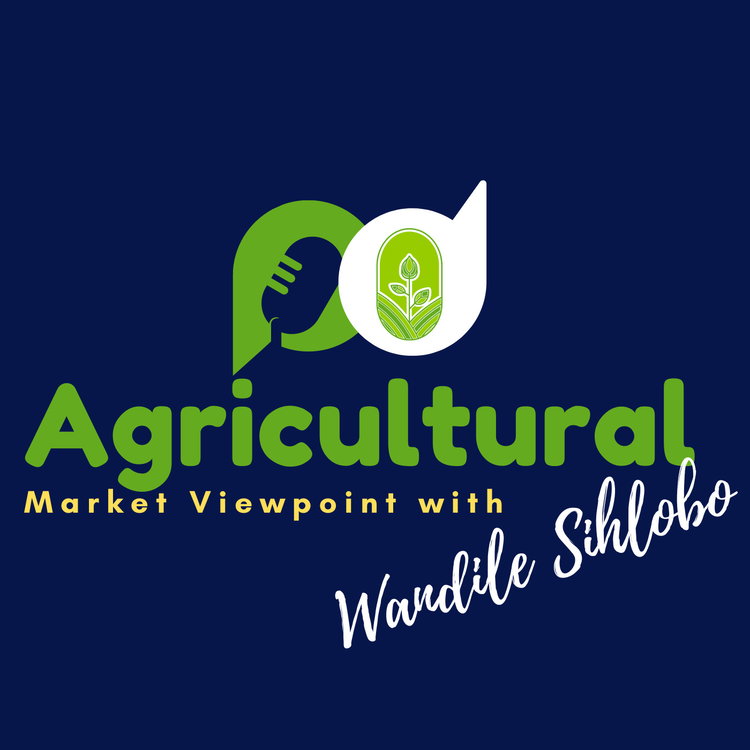
South Africa must deepen agricultural trade with China
Loading player...
It is hard to discuss global agriculture without mentioning China. The country is a dominant player in exports and imports of agricultural products. In 2023, China was a leading agricultural importer, accounting for 11% of global agricultural imports. Trailing China was the US, Germany, Netherlands, the UK, France and Japan.
Similarly, China played a notable role in exports, and it was the fifth-largest agricultural exporter in the world in 2023. The leading countries ahead of China were the US, Brazil, Netherlands, and Germany.
Commentary on China trade is under spotlight again following the Forum on China–Africa Cooperation (FOCAC) taking place in early September. Some African countries used the opportunity to advocate for deeper trade, especially in agriculture. This is understandable in view of China's dominant role in global agriculture. According to Trade Map data, China spends just over US$200 billion a year on the imports of agricultural products.
Few African countries benefit from these imports due to low productivity. The leading suppliers are Brazil, the US, Thailand, Australia, New Zealand, Indonesia, Canada, Vietnam, France, Russia, Argentina, Chile, Ukraine, the Netherlands, and Malaysia.
The only African country that features in China's top 30 agricultural suppliers is South Africa, ranked 28 in 2023. Accounting for a mere 0,4% (US$979 million) in China's agricultural imports of US$218 billion in 2023, South Africa remains a negligible player in the Chinese agricultural market. Sudan and Zimbabwe are other African agricultural suppliers to China, and are ranked 33 and 34, respectively.
The African continent has weak productivity and low agricultural output, which explains its underperformance in agricultural exports to China. The exceptions are South Africa and, to some extent, the Maghreb region. In light of this concerning picture, African leaders must, in future, prioritise agriculture trade in their deliberations with their Chinese counterparts.
Crucially, technology cooperation and transfer must be uppermost in those conversations as Africa’s future productivity lies in deployment of technologies that can boost productivity. Examples of the use of such technologies include on-farm solutions like irrigation technologies, better seed cultivars, and significant infrastructure challenges such as roads and rail that much of the continent still needs. The absence of functioning infrastructure will always remain a headache, even if China were to open its agricultural markets for imports from most African countries. These interventions and possible deals would essentially entail loans for developing the African continent's infrastructure.
We know a lot has been done in the past, and reviews of such engagements are mixed, but the problem remains – Africa needs better improvement in the network industries to support agriculture. Aside from this, African leaders must do their part to formalize land rights in their countries and miniminise arbitrary policy interventions, such as occasional blockage of exports by countries like Zambia. Such actions drive away private sector participation in Africa's agricultural market.
Podcast production by Richard Humphries, and Sam Mkokeli
My writing on agricultural economic matters is available on my blog: https://wandilesihlobo.com/
Similarly, China played a notable role in exports, and it was the fifth-largest agricultural exporter in the world in 2023. The leading countries ahead of China were the US, Brazil, Netherlands, and Germany.
Commentary on China trade is under spotlight again following the Forum on China–Africa Cooperation (FOCAC) taking place in early September. Some African countries used the opportunity to advocate for deeper trade, especially in agriculture. This is understandable in view of China's dominant role in global agriculture. According to Trade Map data, China spends just over US$200 billion a year on the imports of agricultural products.
Few African countries benefit from these imports due to low productivity. The leading suppliers are Brazil, the US, Thailand, Australia, New Zealand, Indonesia, Canada, Vietnam, France, Russia, Argentina, Chile, Ukraine, the Netherlands, and Malaysia.
The only African country that features in China's top 30 agricultural suppliers is South Africa, ranked 28 in 2023. Accounting for a mere 0,4% (US$979 million) in China's agricultural imports of US$218 billion in 2023, South Africa remains a negligible player in the Chinese agricultural market. Sudan and Zimbabwe are other African agricultural suppliers to China, and are ranked 33 and 34, respectively.
The African continent has weak productivity and low agricultural output, which explains its underperformance in agricultural exports to China. The exceptions are South Africa and, to some extent, the Maghreb region. In light of this concerning picture, African leaders must, in future, prioritise agriculture trade in their deliberations with their Chinese counterparts.
Crucially, technology cooperation and transfer must be uppermost in those conversations as Africa’s future productivity lies in deployment of technologies that can boost productivity. Examples of the use of such technologies include on-farm solutions like irrigation technologies, better seed cultivars, and significant infrastructure challenges such as roads and rail that much of the continent still needs. The absence of functioning infrastructure will always remain a headache, even if China were to open its agricultural markets for imports from most African countries. These interventions and possible deals would essentially entail loans for developing the African continent's infrastructure.
We know a lot has been done in the past, and reviews of such engagements are mixed, but the problem remains – Africa needs better improvement in the network industries to support agriculture. Aside from this, African leaders must do their part to formalize land rights in their countries and miniminise arbitrary policy interventions, such as occasional blockage of exports by countries like Zambia. Such actions drive away private sector participation in Africa's agricultural market.
Podcast production by Richard Humphries, and Sam Mkokeli
My writing on agricultural economic matters is available on my blog: https://wandilesihlobo.com/

